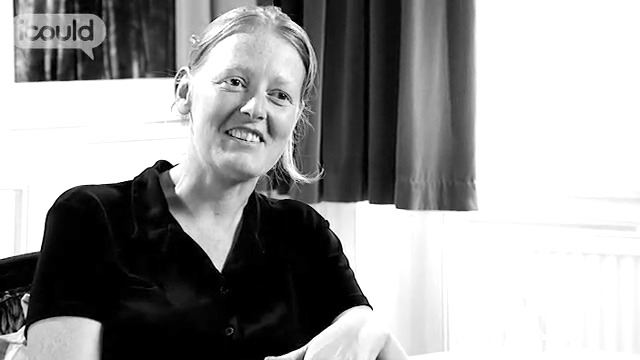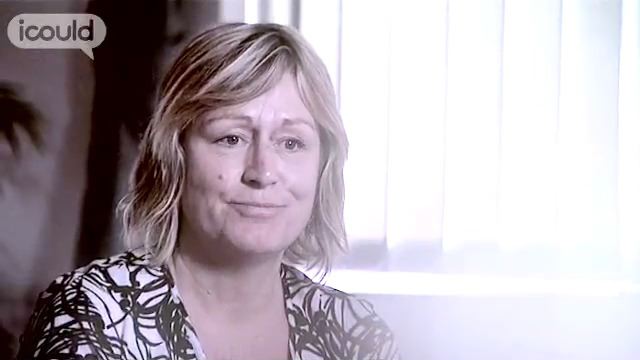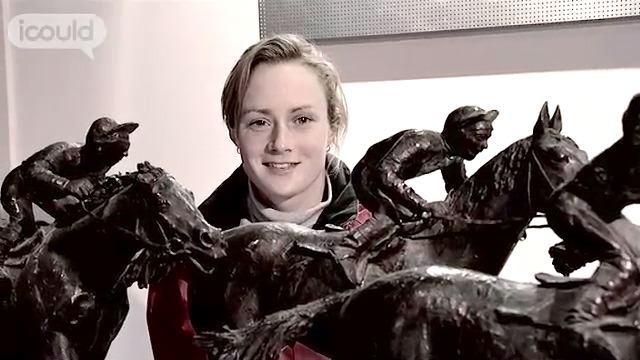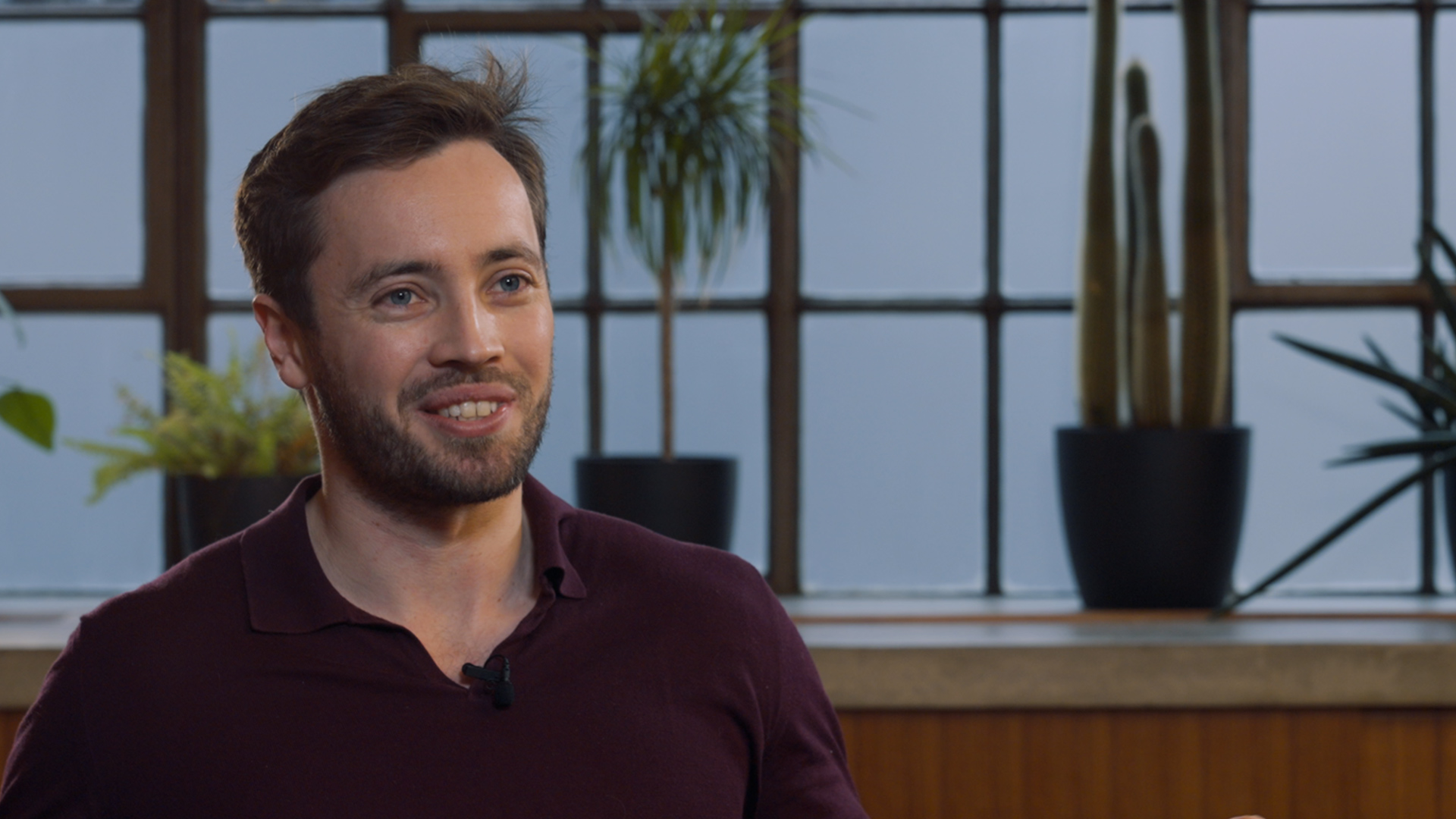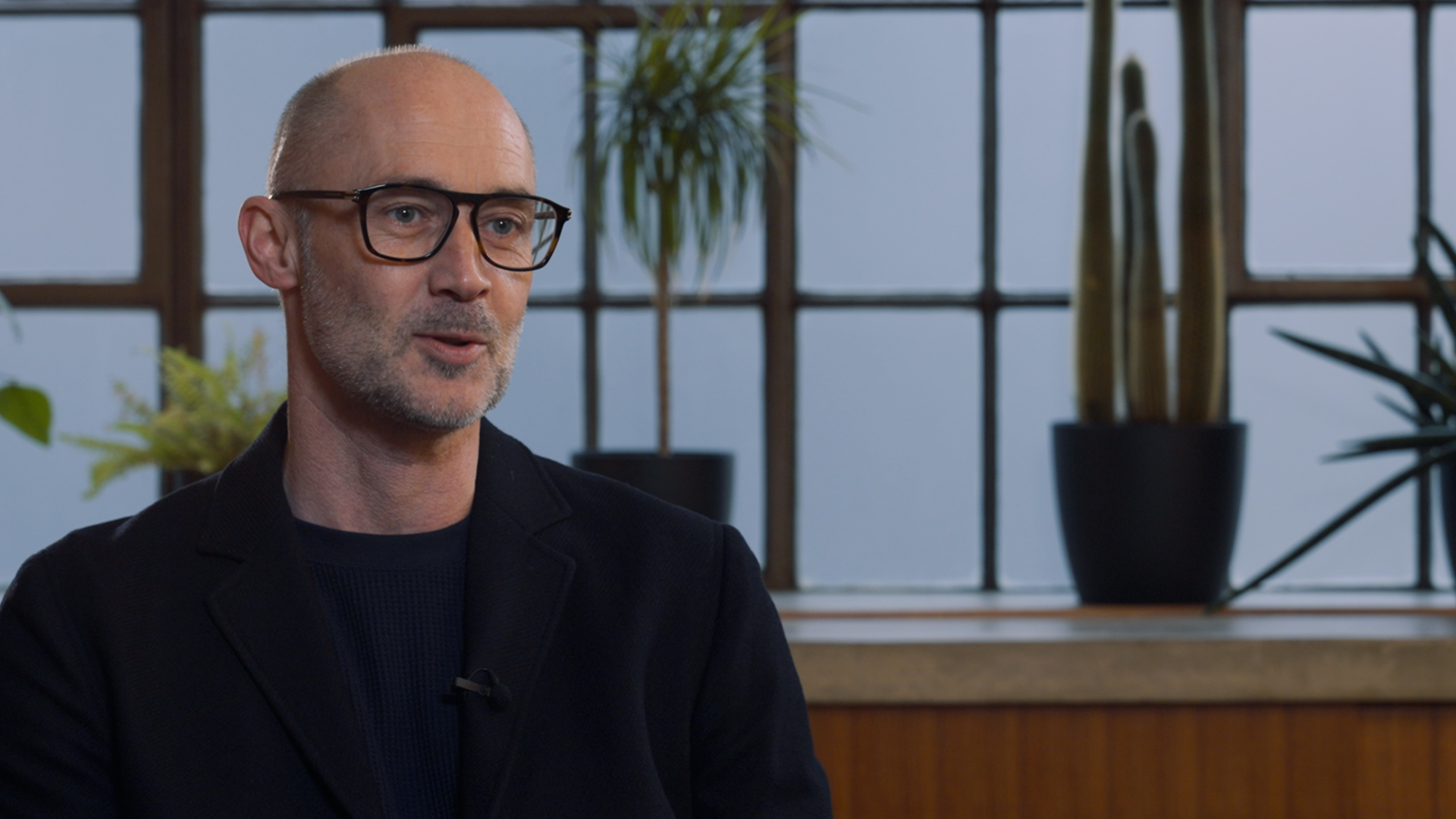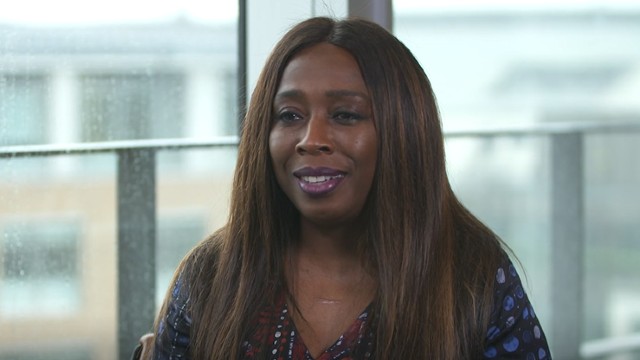Learning Services Manager
Standard Life
Erin D
My name is Erin D and I’m the learning services manager within Standard Life. The first part of my role is as a people manager. So I manage ten people within my team, and I’m responsible for the day to day operations within the team. I get involved in a lot of different projects, without the human resources department and that means that I get involved in working with different areas of the business and in different initiatives that Standard Life are working on. I’ve got a very demanding job, every day new things come up, I have to adapt to them all the time, so being very organised is quite important.
I went to Strathclyde University and I did a degree in marketing and human resources. After I’d finished university I thought I really want to go into a role with a company that’s going to continue to train and develop me, so I applied for different graduate programmes and Standard Life was one of the graduate programmes that I applied for. So when I joined Standard Life I really pushed hard to get a placement working in human resources, and I worked in the area for about ten months and I loved it, really enjoyed it, but I also wanted experience of working out in other areas of the business, so I left human resources and I went to work in sales, which gave me a totally different perspective on working for a company of this size. I know that I wanted to be in a successful job because I’m quite an ambitious person, but it was just trial and error to see what I enjoyed at university and you know luckily for me it worked out and I think I always envied people who knew exactly what they wanted to do. I’ve realised now that actually when you sometimes don’t know the exact journey you want to go on, it’s a bit more fun trying to find your way and going into jobs that you don’t enjoy so much because then you really realise, you know, what it is that you want to do.
Within this company I’m currently working towards another degree in HR, so I want to enhance my theory and knowledge of the subject area, and I’ve got a mentor in my current job which is fantastic, so she’s giving me a bit more guidance on certain areas that I need to have more experience in, in order to get to a role that I want to get to.
Dad works as a painter and decorator, and he runs his own business and my Mum works for Lloyds TSB, in their bank and there was no pressure on me whatsoever when I was growing up to achieve something, or to do a particular job and I think for me that was great because I tend to put quite a lot of pressure on myself, and I think if I’d had parents who were putting a lot of pressure on me it might have been too much. But what they did do was give me ambition and, you know, they always taught me that if I worked hard, I would achieve what I wanted to achieve and I think that was instilled in me and that’s kinda given me that determination to get to a place where I want to be. My Dad wouldn’t let me near a paintbrush, it’s not one of my areas of expertise!
I wouldn’t say I loved school because I think everyone goes through situations and experiences at school which aren’t great, and it’s, you know, you’re trying to learn where you fit in and, you know, what friends you want to be part of, so it’s difficult but I did enjoy school. It’s not good enough just to have loads of qualifications and have the knowledge and the theory on the subject. I think you can’t undermine how important it is to have practical experience and if I think back to, you know, my school days and when I was at University, I think I would have done a lot more to try and get more practical experience in the area that I wanted to work in. I had part-time jobs at the weekends and I was working in them but they weren’t particularly relevant to the field that I wanted to go into.
I think I’ll always have doubts about my ability to achieve and succeed in a certain role, but it’s amazing how you can get over that as time goes on.
When I was younger and I was deciding what I wanted to do going forwards and at university, I felt disappointed that I didn’t know exactly what job I wanted to have, so I didn’t, you know, want to be a doctor or a lawyer and that stressed me out quite a lot, and looking back I think it’s fine not to know exactly what you want to do and sometimes it’s only through trial and error and working in different professions and in different industries that you realise what it is you enjoy and sometimes if it takes that bit longer, it doesn’t matter because you’ll get there in the end with it.
After pursuing a degree in Marketing and Human Resources, Erin realised that she really enjoyed working with people and supporting people. She joined Standard Life on their Graduate Programme and pushed to get a placement within their Human Resources team. She’s currently working towards another degree in Human Resources and is enjoying the support of a mentor within Standard Life.
More information about Vocational and industrial trainers and instructors
The UK average salary is £29,813
There are 37.5 hours in the average working week
The UK workforce is 47% female and 53% male
Future employment
- Assesses training requirements and prepares lectures, demonstrations and study aids;
- Supervises trainee development, assists trainees with difficulties and prepares regular progress reports on each trainee for management;
- Arranges work experience and instructional visits for trainees;
- Plans curriculum and rota of staff duties and updates or amends them in light of developments;
- Advises on training programmes and discusses progress or problems with staff and trainees;
- Devises general and specialised training courses in response to particular needs.

